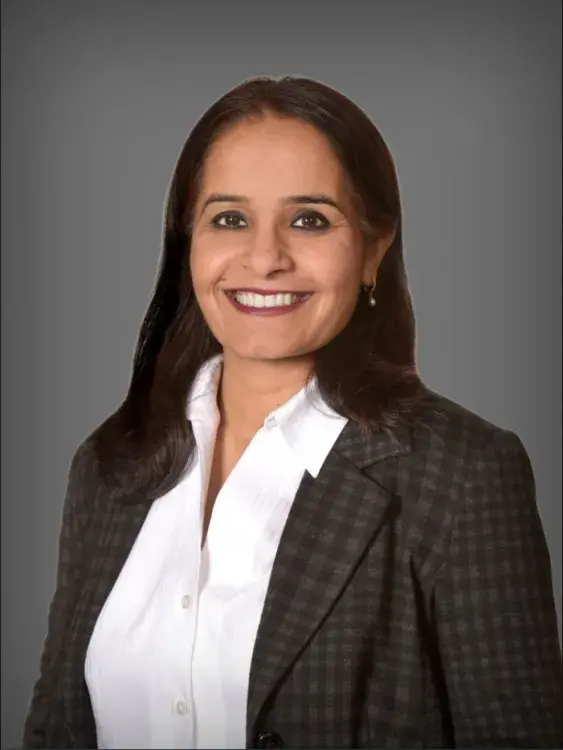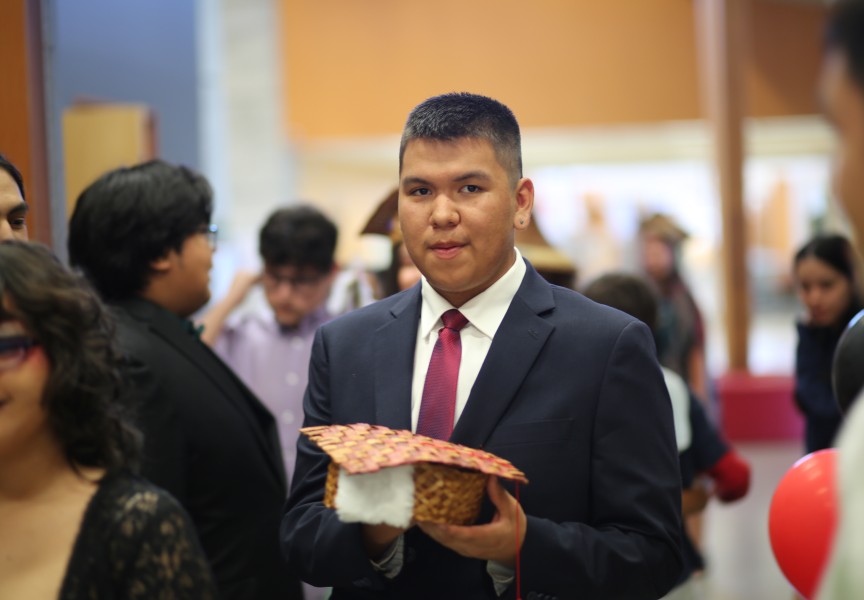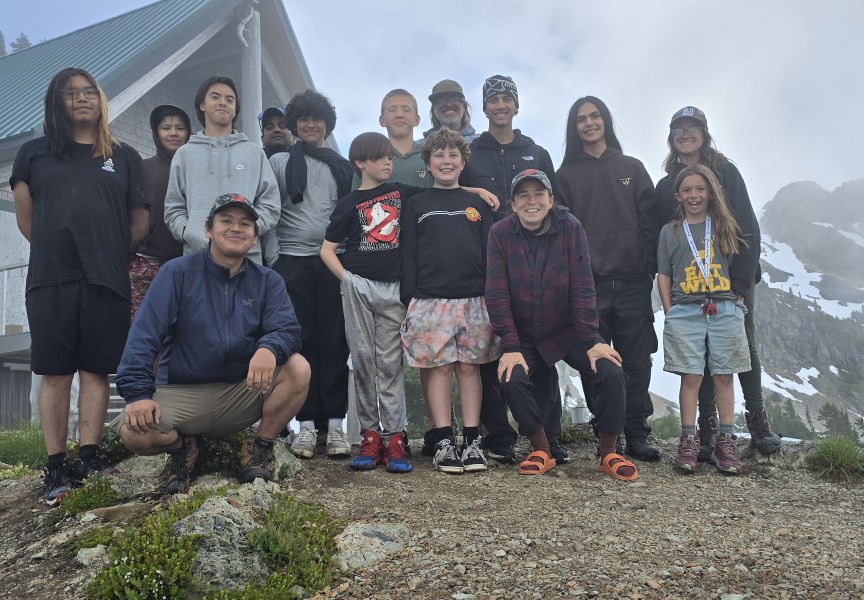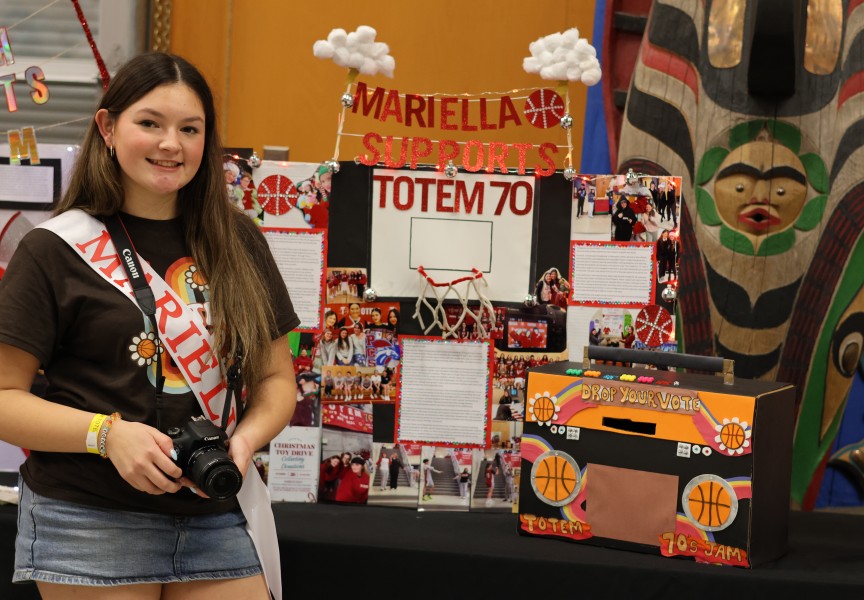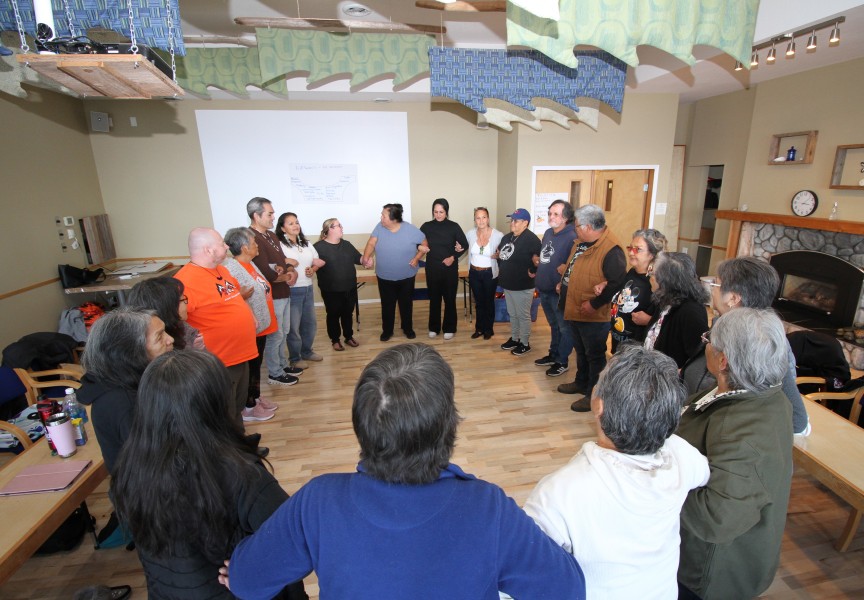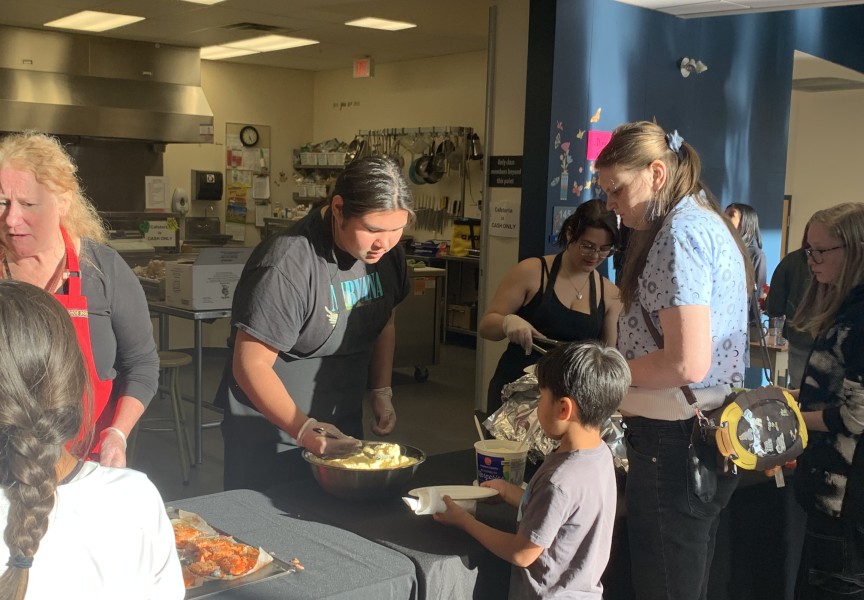The Province of B.C. is making systemic changes to improve outcomes for Indigenous students from kindergarten to Grade 12.
Indigenous people will soon have more input into the decisions and processes affecting the education of Aboriginal children and youth in B.C. public schools.
"These proposed changes acknowledge the crucial importance of First Nations involvement in the education of Indigenous students," said Rachna Singh, minister of Education and Child Care, in a press release. "Part of reconciliation is to listen and make the changes needed to ensure First Nations students succeed in school."
The province is proposing amendments to the School Act to fulfil commitments in the Declaration Act Action Plan and the BC Tripartite Education Agreement (BCTEA). The changes are intended to support better education outcomes for First Nations and other Indigenous students attending provincial public schools, and more effective relationships between boards of education and First Nations.
"Today is an important day for First Nation learners and the provincial education system in B.C. These changes to the School Act are aimed at improving First Nation student learning outcomes through effective relationships and processes that respect the inherent authority and role of First Nation governments, parents and communities in the education of their children and youth," said Tyrone McNeil, president of the First Nation Education Steering Committee, in the release.
The high school completion rate among Indigenous students in School District 70 (SD70) was six per cent lower than non-Indigenous students in 2021/2022 and 10 per cent lower in 2020/2021.
Superintendent of Schools for SD70, Tim Davie, said the Board of Education is well aware of the gap between Indigenous and non-Indigenous completion rates.
“We’re fully aware that education, in the past, through history has been used as a tool for the elimination of culture and language and the destruction of family units,” Davie said. “Modern day education then is to be used as a means to bring these back, so from our perspective…it’s important that rights holders have input into the education of their children.”
Davie said the SD70 Board of Education has recently undergone an extensive consultation process leading up to their strategic plan with five main priorities to help Indigenous students succeed.
The five priorities include: Indigenous learners’ success, relationships with First Nations, student achievement, mental health and social emotional wellbeing, welcoming and modern learning environments as well as environmental stewardship.
“In terms of helping Indigenous students to succeed, I think that all five of those areas contribute to Indigenous learners feeling connected and being part of our school environments,” Davie said. “It’s really important as representatives of the Board of Education, staff and the school district that we take the time to listen as well. It’s not incumbent upon us to have all the answers but it is really important for us to be able to listen.”
Davie added that to ensure success among Indigenous students, the school district needs to look at means to decolonize educational systems and policies to ensure the elimination of any inadvertent systemic racism.
Jamie Hansen, SD70 director of instruction for Indigenous Education, said the high school completion rate for Indigenous students living on reserve is even lower compared to Indigenous students not living on reserve and non-Indigenous students.
“We are very well aware of this situation and we will work with the nations on how to address and capture the students,” Hansen said. “Our Indigenous people have been silenced for a very long time, not by choice, and we need to speak of the needs of our Indigenous students.”
School District 70 has an Indigenous Education Advisory Council with representation from several Nuu-chah-nulth nations who provide input and recommendations around education and budget decisions affecting Indigenous students. All schools in SD70 also partake in an Elders in Residence project.
The new proposed legislation from the province will ensure that First Nations and Treaty First Nations have the option to apply a model local education agreement (LEA) with boards of education should a First Nation request it. The agreements govern the purchase of educational services by First Nations from boards of education, and set out processes for information sharing, collaboration and decision-making.
Changes to the School Act will require all boards to establish an Indigenous education council (IEC) in their school district to ensure Indigenous people have input into decisions affecting their students. The membership and function of IECs will recognize and reflect the local First Nations in whose territories the board operates.
In addition, a new school-of-choice provision in the School Act will enable First Nations to decide which school Indigenous students who live on reserve, self-governing or Treaty Lands will attend.

